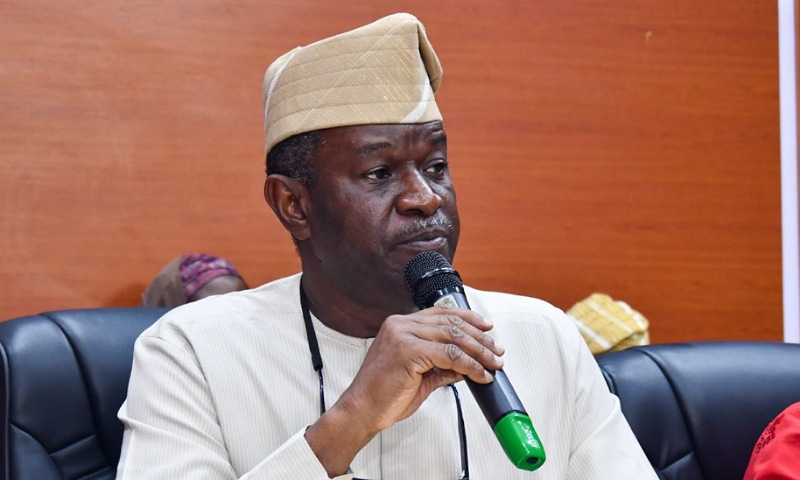The Nigeria Labour Congress (NLC) has issued a four-week ultimatum to the Federal Government (FG) to resolve the ongoing crisis with the Academic Staff Union of Universities (ASUU) and other tertiary education unions. This development comes after years of unresolved negotiations and unfulfilled promises that have repeatedly disrupted Nigeria’s education system.
NLC President Joe Ajaero made this announcement during an emergency session in Abuja. According to him, the patience of workers and students has been stretched too far, and urgent action is now required. He noted that the government must demonstrate sincerity in addressing long-standing labour grievances rather than making more empty commitments.
Background and Scope of the Crisis
The ongoing dispute between ASUU and the federal government has persisted for over a decade. It has revolved around unimplemented agreements, salary arrears, and inadequate funding for public universities. The crisis has forced countless students to spend extra years in school due to prolonged strikes.
In addition, the NLC stated that this crisis is not limited to ASUU alone. Other unions such as the Senior Staff Association of Nigerian Universities (SSANU), the Non-Academic Staff Union (NASU), and the National Association of Academic Technologists (NAAT) are also affected. The unions have repeatedly accused the government of failing to honour signed agreements and of showing little political will to reform the education sector.
What the NLC Demands
The NLC outlined several key demands aimed at restoring stability to Nigeria’s tertiary institutions.
First, it called for the full implementation of the 2009 ASUU-FGN agreement, which includes better working conditions and improved infrastructure for universities. Second, it demanded the immediate release of salary arrears and outstanding allowances owed to lecturers and non-academic staff.
Third, the labour body urged the government to adopt a sustainable funding model that meets the UNESCO recommendation of allocating 25% of the national budget to education. According to Ajaero, investing adequately in education is not optional but essential for Nigeria’s future growth.
Lastly, the NLC wants a comprehensive review of wage structures for all university workers to reflect the rising cost of living. It emphasized that future negotiations must include representatives who have the authority to make binding commitments.
Deadline and Possible Consequences
The four-week ultimatum began on October 20, 2025. If the government fails to meet these demands within the deadline, the NLC’s National Executive Council will convene to decide on a nationwide strike. Such an action could bring both the education and public sectors to a halt.
Ajaero warned that the government’s “no work, no pay” policy would not intimidate workers. Instead, the NLC plans to adopt its own stance, “no pay, no work.” He insisted that fairness and accountability must guide every future negotiation process.
Why This Matters
The crisis between ASUU and the government has far-reaching effects on Nigeria’s development. Every prolonged strike weakens the quality of education and lowers the morale of both students and lecturers. Additionally, unstable academic calendars discourage foreign students and reduce Nigeria’s global academic competitiveness.
By stepping in, the NLC is signaling a stronger level of coordination among unions. It aims to ensure that the federal government treats the education crisis as a national emergency rather than a political inconvenience.
What to Expect
Over the next few weeks, all eyes will be on how the federal government responds. The success of the talks will depend on whether the FG takes concrete steps to fulfill its promises. Likewise, observers will watch to see if the NLC and university unions remain united in their stance.
If meaningful progress is achieved, the action could mark a turning point in Nigeria’s long-standing struggle with education-sector funding. However, if the deadline passes without results, another wave of strikes could be imminent.
Conclusion
The NLC’s ultimatum has placed the federal government under pressure to act decisively. With a clear four-week deadline in place, Nigerians are hopeful that both parties will prioritize dialogue over confrontation. The coming days will reveal whether this renewed push will finally bring an end to the recurring ASUU crisis or lead to another nationwide strike.
Bonus Read: ASUU Signals Readiness to Resume Talks With FG




One thought on “NLC Gives FG Four Weeks to Resolve ASUU Crisis”